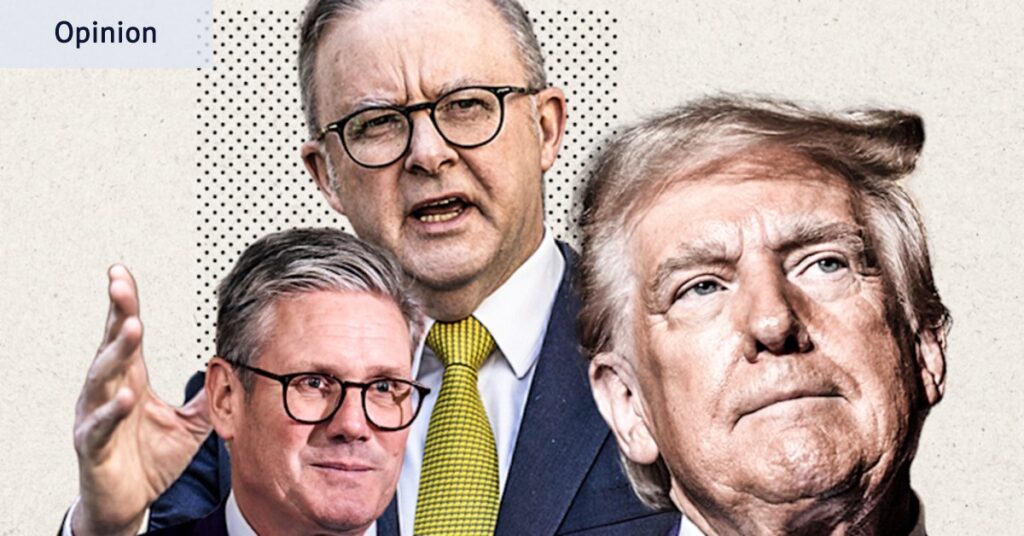
In a dramatic turn of events, the BBC finds itself at the center of a storm following the resignations of its Director-General Tim Davie and CEO of News Deborah Turness. This upheaval, occurring within a single day, has been attributed to the fallout from a controversial documentary about former U.S. President Donald Trump. The documentary, aired last October, has become a flashpoint in the ongoing debate over media impartiality and editorial standards.
The resignations come amid longstanding criticisms from right-wing factions in Britain, who have accused the BBC of bias. However, the catalyst for this crisis appears to be the editing of Trump’s January 6, 2021, speech in a way that critics argue misrepresented his words. The Panorama program’s decision to splice together separate fragments of Trump’s speech without clear indication has been condemned as misleading.
Political Pressure and Media Scrutiny
The BBC has long been under scrutiny from various political quarters, but the current crisis is unprecedented in its intensity. The broadcaster’s editorial choices have been a point of contention, especially among conservative politicians and media outlets. Despite this, the BBC remains a highly trusted news source in the UK, a fact that complicates calls for its reform or abolition.
According to media analyst Jonathan Holmes, the BBC’s challenges are not unique. He draws parallels with the Australian Broadcasting Corporation (ABC), which faced its own crisis in 2018 when its managing director was sacked and the chairman resigned within days. Holmes notes that public broadcasters are expected to maintain objectivity in an era where many commercial outlets do not.
The Role of the Whistleblower
The controversy was further fueled by revelations from Michael Prescott, a former member of the BBC’s Editorial Guidelines and Standards Committee. Prescott, a seasoned journalist, provided a detailed critique of the BBC’s coverage, which was leaked to the conservative Telegraph. His criticisms extend beyond the Trump documentary, targeting the BBC’s reporting on the Gaza conflict and transgender issues.
Prescott’s allegations suggest that the BBC has been dismissive of internal criticisms, a charge that echoes past controversies at the ABC. In 2021, the ABC faced backlash over a documentary series that made unsubstantiated claims about a historical fire. The ABC’s response was to appoint an independent ombudsman to oversee its complaints process, a move that has helped restore some public trust.
Implications for the BBC’s Future
The BBC’s current crisis raises questions about its governance and editorial independence. With its charter up for review in less than two years, the broadcaster faces significant pressure to address concerns about bias and accountability. The absence of an independent ombudsman, as seen in the ABC’s case, may be a factor in the BBC’s struggles to manage internal dissent and external criticism.
The resignations of Davie and Turness highlight the challenges facing public broadcasters in maintaining credibility while navigating political pressures. As the BBC searches for new leadership, the incoming director-general will need to balance these demands while steering the organization through a period of intense scrutiny.
As Holmes suggests, the BBC’s situation is a cautionary tale for public broadcasters worldwide. The need for transparency and accountability is paramount, particularly when trust in media institutions is at stake. The BBC’s ability to adapt and respond to these challenges will be crucial in determining its future role in the global media landscape.
In the coming months, the BBC will need to demonstrate its commitment to editorial integrity and impartiality. The outcome of this crisis will likely influence not only the broadcaster’s future but also the broader conversation about the role of public media in democratic societies.





